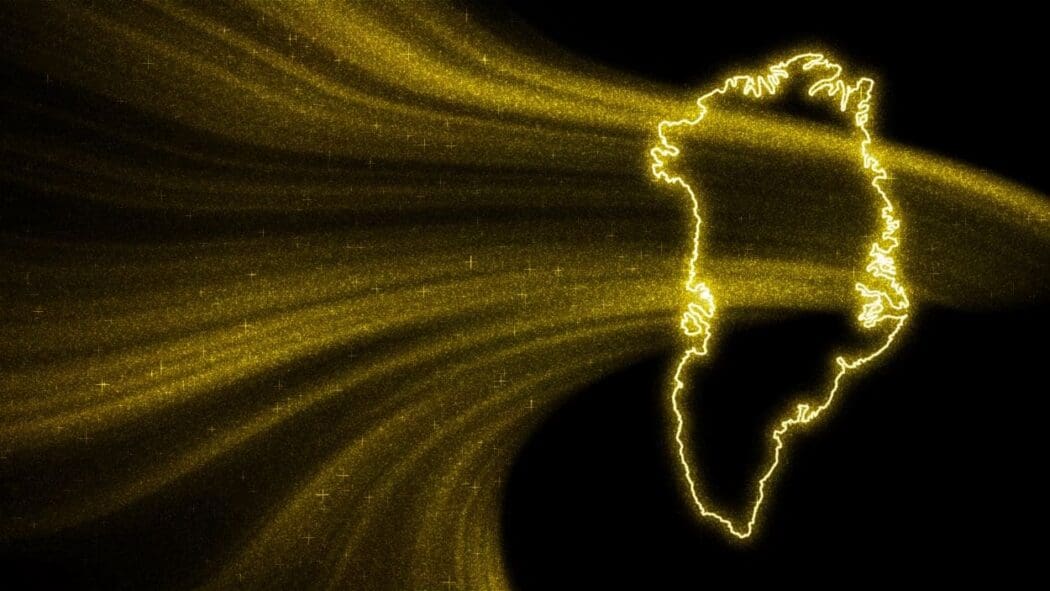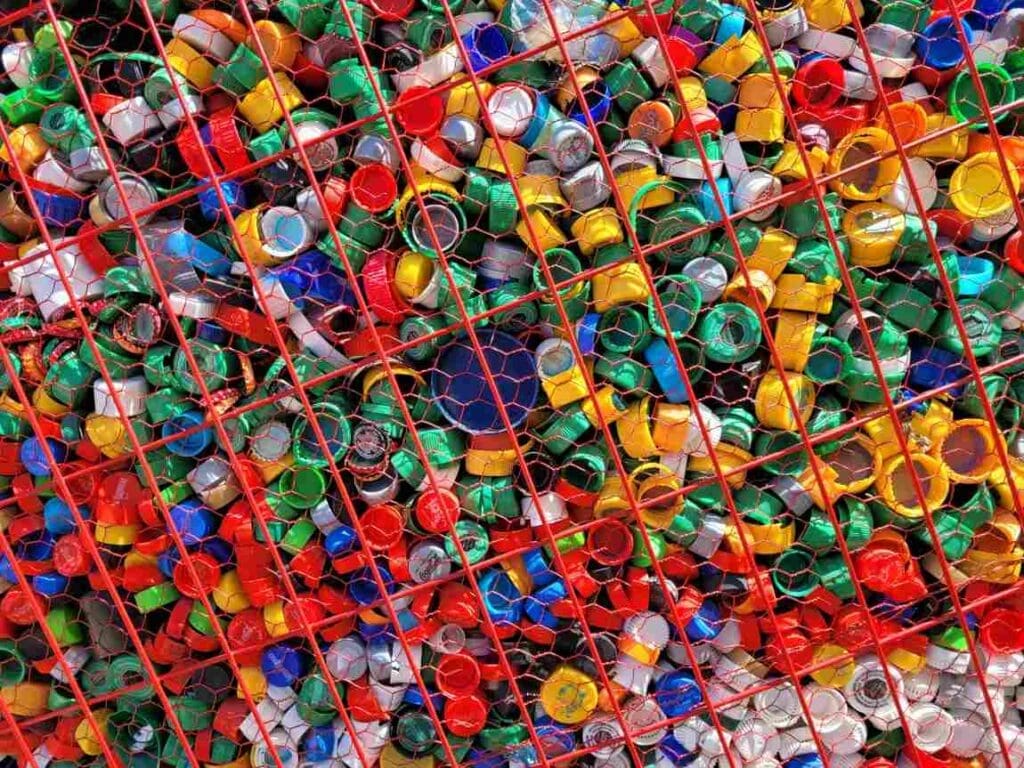Copenhagen, Denmark (AFP) – A ship carrying 20,000 litres of diesel fuel ran aground and sank off Greenland’s coast on Thursday, said authorities who were working to contain a potential spill in the fragile Arctic ecosystem.
“Last night, around 1:45 am (0245 GMT), a ship hit a reef near Nanortalik and started taking on water,” Greenlandic police said in a statement.
The vessel sank around 7:00 am.
Authorities believe the 30-metre (98-foot) ship contained some 15,000 to 20,000 litres (3,963 to 5,283 gallons) of diesel fuel in its tanks, in addition to 1,000 litres of engine oil.
The name of the vessel has not been disclosed, nor the type of ship.
Authorities said it was impossible at this stage to determine the extent of any pollution, but said they were using a pump and had placed floating booms in a 50-metre perimeter around the site to contain any spill.
All of the people on board were evacuated, but no details were provided about their numbers or nationalities.
cbw/nzg/po/jll/yad
© Agence France-Presse
Featured image credit: Allexxandar | Freepik




